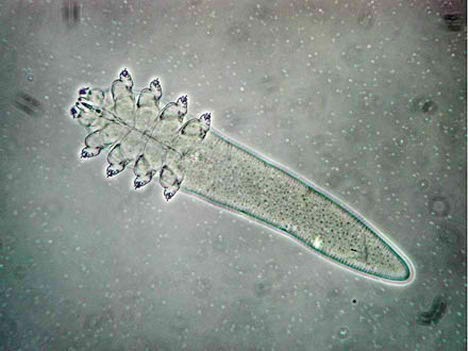 The ways in which disruptions and imbalances in the ecosystem of bacteria, Demodex mites and other microorganisms on the skin, known collectively as the skin microbiota, may be involved in the development of rosacea were discussed at the summer meeting of the American Academy of Dermatology in New York.
The ways in which disruptions and imbalances in the ecosystem of bacteria, Demodex mites and other microorganisms on the skin, known collectively as the skin microbiota, may be involved in the development of rosacea were discussed at the summer meeting of the American Academy of Dermatology in New York.
“If we think of our skin as a barrier – not just to keep antigens and allergens out but also to keep water in – we need to think of the microbiota as part of that barrier,” said Dr. Adam Friedman, associate professor of dermatology at the George Washington University School of Medicine. In healthy skin, the microbiota helps protect the body from harmful pathogens, but when the skin becomes compromised in some way, such as through injury or inflammation, the make-up of the microbiota may change.
“Everyone has Demodex in their skin – the question is how much do you have, and there seems to be a correlation between the number and the disease severity,” Dr. Friedman said. “But note this is a correlation, not necessarily causation.”
Research has revealed that inflammation plays a significant role in rosacea, including causing changes in the skin's composition. “As the skin changes due to inflammation, maybe Demodex is proliferating not because it’s causing the problem but because this new environment is facilitating its survival and growth,” he explained.
Dr. Friedman noted that further study is required to confirm this possibility. “I think at this point, investigators have proven that something is going on with the cutaneous microbiota, that when there is skin disease – whether the microbiota is affecting that skin disease or vice versa – there’s clearly a relationship.” He said the next step is to examine how medical therapies and skin care products change the microbiota in rosacea.